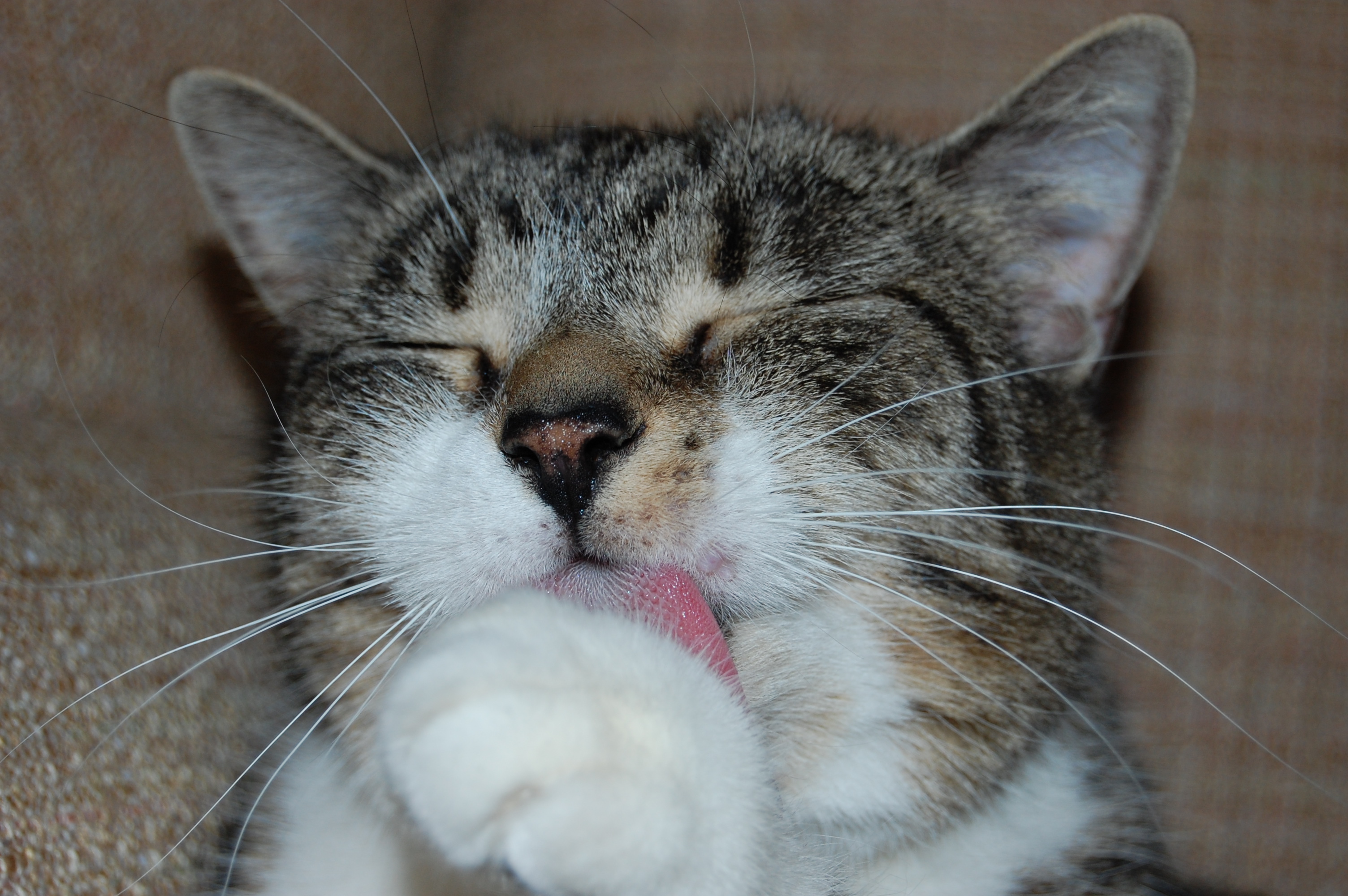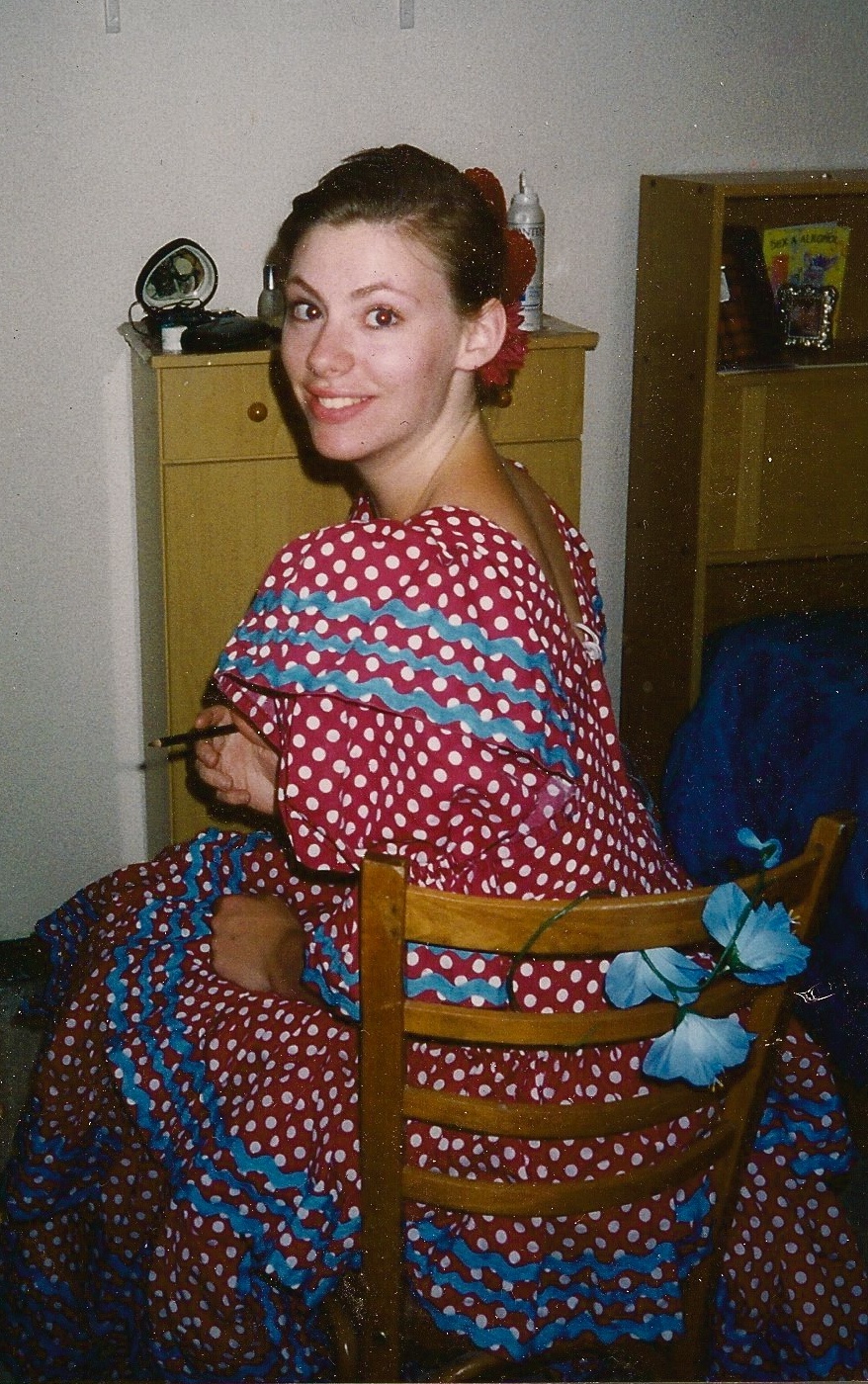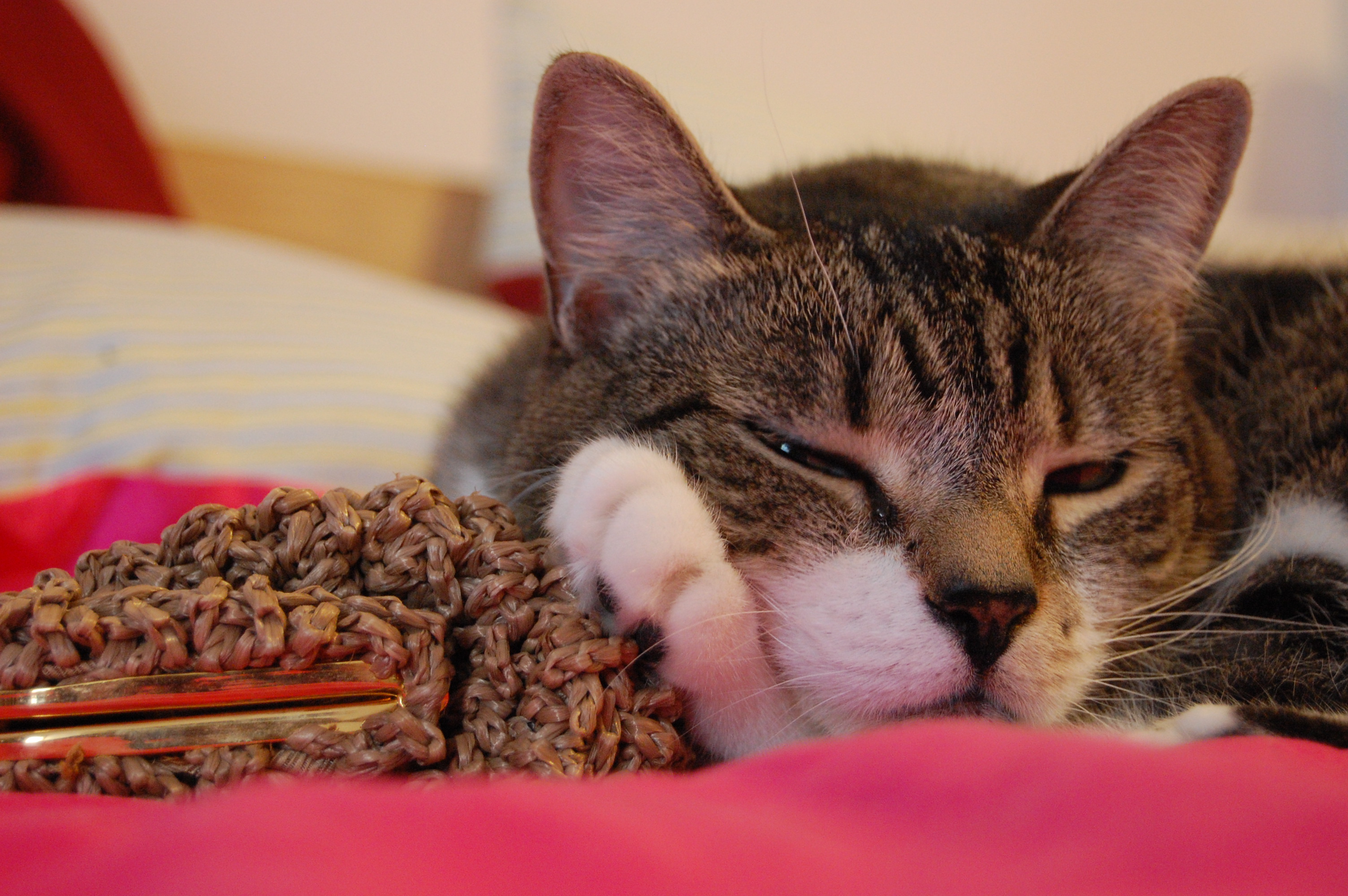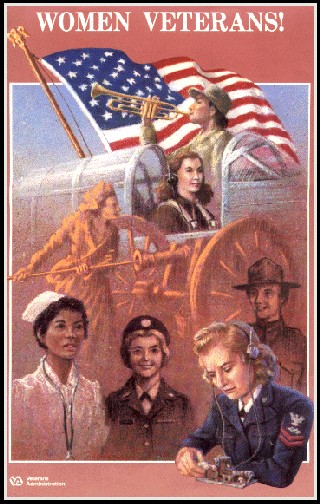I haven’t written anything in the last week. Nothing. And it’s not like I haven’t tried. It’s just that everything I’ve tried to type has turned into an obituary for my cat, Copy, who was put to sleep last Tuesday evening. So – although I can understand how you all might not want to read a eulogy for my cat – I’m writing this now, in the hopes that once I’ve posted it, I can get back to work on my novel.
Writing without Copy might be extra difficult because she liked to spend time with me when I was writing. But probably it’s just been hard to write because I’ve been preoccupied with losing such a big part of my home life. I adopted Copy when I was just six months out of college. She was there through my first 10 years of real, honest-to-goodness adulthood: new jobs, new apartments, new boyfriends. Through shack-ups, break-ups, break-downs, break-ins – she was there for everything. Often, she was more of a roommate than a pet. She woke me up in the morning, hung out with me when I got dressed for work, met me at the door when I came home, sat on my lap when I wrote and always knew when I had a migraine.
It was a very satisfying friendship and I knew it couldn’t last forever, but it was a shock when the vet told me that Copy would have to be put to sleep.
Suffice to say, very little last week went as planned. We canceled our Thanksgiving trip to Texas because the cat – before we knew she would have to be put down – was too sick to stay in a kennel. And then there were several free days when I could have spent hours writing, but was unable to. Every blog post, every short story, every section of my novel I’ve tried to work on, has drifted toward the subject of cats in general and my cat specifically. So I decided to not write at all.
It’s nearly been a week now, and I have to start writing again. I’m hoping that this blog will get the ball rolling again. I think it might be working. I have an idea for a short story already, and there aren’t any cats in it.









